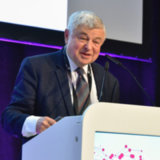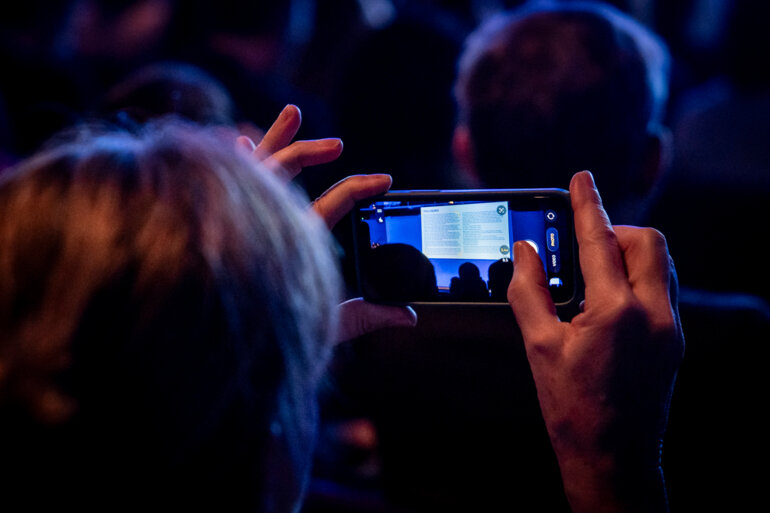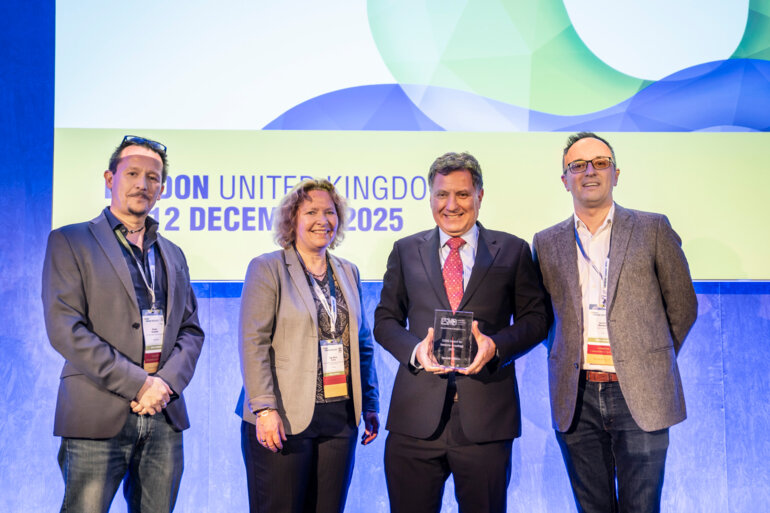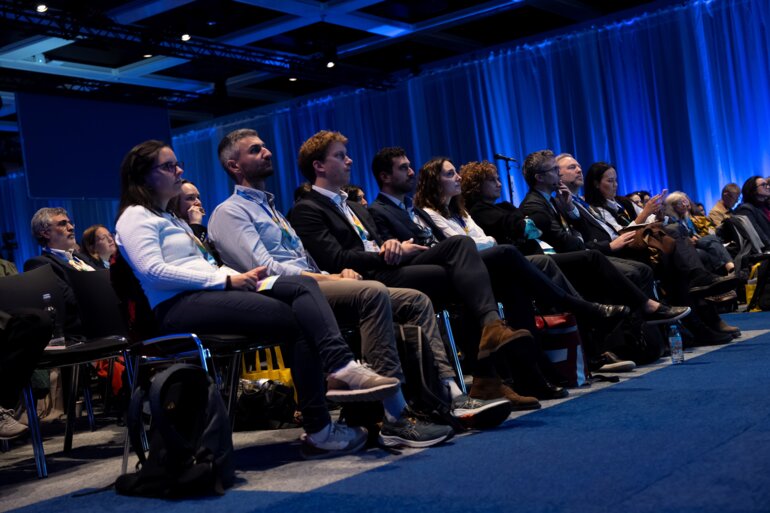The ESMO Award for Immuno-Oncology 2021 is given to Prof. Wolf H. Fridman, whose research has made significant contributions to unveiling the prognostic and predictive role of the tumour microenvironment
Recipient of the ESMO Award for Immuno-Oncology 2021, Prof. Wolf H. Fridman, University of Paris Medical School, France, has seen a lifetime of research on the immune system – in particular the tumour microenvironment (TME) – contribute to its central role in the fight against cancer.
What attracted you to work in tumour immunology?
It was serendipitous. I was a young haematology resident in the laboratory of Jean Dausset, who went on to win the Nobel Prize for his research on the human leukocyte antigen system, and we were working on paediatric acute leukaemia. This was not long after the first demonstration that chemotherapy could induce complete remission in these patients. We observed that malignant cells from the acute phase of leukaemia were able to induce proliferation of autologous post-remission lymphocytes. Published over 50 years ago, our results confirmed that an individual’s immune system was able to recognise host malignant cells (Nature. 1969;224:277–279). I knew if I was going to develop my work in immuno-oncology that I would have to gain a much better understanding of how the immune system works and so I spent the next 10 years in basic immunology research. This proved to be invaluable in underpinning the work I subsequently undertook, investigating interactions between the immune system and solid tumours.
How much interest is there in tumour immunology today compared with when you started?
There is no comparison: when I started, the dominant view was scepticism. At that time, the vast majority of oncologists and immunologists thought that the immune system was designed to react only to invading infectious agents, not to tumours. Although the theory of immune surveillance that had been put forward by Frank Macfarlane Burnet (Prog Exp Tumor Res. 1970;13:1–27) and Lewis Thomas (Yale J Biol Med. 1982;55:329–333) suggested that a host could recognise its own tumour, there was no direct evidence for it. Today, immuno-oncology is at the heart of research for cancer treatment and I feel very fortunate that a field I entered into when it was in its infancy has grown into a very strong young adult.
What do you consider to be your greatest achievement in immuno-oncology?
I think that the research I have led on the TME has been game changing. Through this work, which was prompted by features I observed over many years working mainly on T cells, we now know that a strong immune infiltrate in the TME is a powerful prognostic marker and is also predictive of response to immunotherapy (Science 2006;313:1960–1964). I really believe that the studies we started in the mid-2000s provided the theoretical basis for the development of immune therapies based on checkpoint blockade. Our continued research has shown that the anti-tumour immune response, including the induction of T and also B cells, appears to be shaped in large part by tertiary lymphoid structures (Nat Rev Cancer. 2019;19:307–325). In addition to providing a marker of immunotherapy response, it is only a matter of time before the TME becomes a target for treatment.
What do you think are the most important current and future challenges facing immuno-oncology?
Checkpoint inhibitors have changed the face of treatment for some cancers, mainly those with a high mutational burden and strong T-cell infiltrate. However, these represent only a minority of tumours and it is essential that we extend the benefits of immunotherapy to more patients across cancer types. To do this we have to discover what tumour- and immune-associated features make one tumour responsive and another tumour unresponsive. We also need to have a much better understanding of the complexity of tumour heterogeneity and the spatial elements involved in immune reactions. Integrating all this knowledge will allow us to develop more personalised approaches to cancer treatment.
How would you encourage young researchers to become involved in immuno-oncology and what advice would you give them?
I was lucky enough during my career to see the future for patients with tuberculosis – a disease that claimed the lives of many and confined many others to sanatoria – transformed by the introduction of effective antibiotic treatment. I think we are at a similar juncture for immunology and cancer, particularly advanced disease. Young researchers entering immuno-oncology now will be embarking on an exciting scientific adventure with a wealth of possible applications. Just look at Uğur Şahin, who was involved in developing one of the vaccines against COVID-19; he previously worked for many years in cancer vaccines. He is proof that what you can learn from this complex disease could both benefit patients with cancer and have considerably wider public health implications.
Keynote Award 2021 lecture: The crucial players of the immune tumor microenvironment
08.12.2021, h. 12:45 – 13:15, Congress virtual platform






